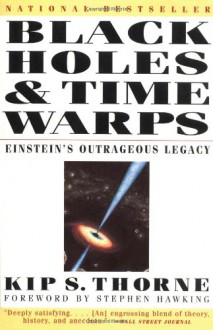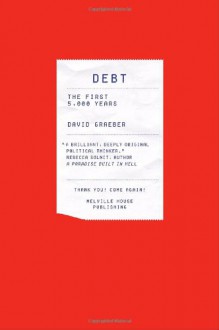
by Kip S. Thorne
Non-Fiction
I'm not what you would call an intellectual and I've never studied Physics, but I found this book easily accessible and even fascinating. I decided to read it because it was cited as one of the sources for the science behind a time travel series I follow, and I wanted to try to grasp the very real science behind the fictional events in the stories.
The book basically tells the story of the rise of Cosmology and Particle Physics since the 1920s, explaining in layman's terms the leading theories, discoveries and the scientists who initiated the theories that we now accept as fact, proven through mathematical formulae where physical proof is still beyond our reach.
It effectively starts with Einstein and his alternate ideas to Newtonian Physics and works forward from there. This sounds like it could have made for dry reading, but the personalities as well as trials and political conflicts that affected the personalities involved bring the events to life on a very human level. Sometimes it's even funny, like when Professor Thorne describes an incident where he made a bet with Stephen Hawking about the existence of black holes and when sufficient proof settled the bet, Hawking, with the help of a group of students, broke into Thorne's office at Cal Tech to sign off on the bet, which was written out on a document displayed on the office wall.
The book as a whole gave me a sense of the global scientific community, which can be co-operative beyond national lines or competitive on a more personal level and even riddled with as much ego as the acting world at times. It explains the process for acceptance of new ideas within that community, which I had no idea of before.
I found the book as interesting as many spy stories, and have only given it 4 stars instead of 5 because I had hoped to learn something about time loops from it, which was not really touched on despite mention in the description. It was written in an engaging style that is rare for writers on science, though the fictionalized Prologue suggests that the author had best stick to non-fiction.
I enjoyed the read, and I now know a lot more about the subject matter than I did before I read it. Whether I read more on the subject is yet to be seen.

 Log in with Facebook
Log in with Facebook 















